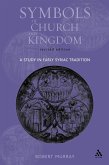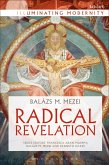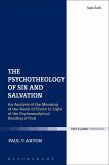Ignatius of Antioch (died c. 115) is one of the Apostolic Fathers of the Christian Church. In his letters to other churches he re-interpreted church order, the Eucharist and martyrdom against the backcloth of the Second Sophistic in Asia minor by using the cultural material of a pagan society. He so formed the idea and theology of the office of a bishop in the Christian church. This book is an account of the circumstances and the cultural context in which Ignatius constructed what became the historic church order of Christendom.
Allen Brent defends the authenticity of the Ignatian letters by showing how the circumstances of Ignatius' condemnation at Antioch and departure for Rome fits well with what we can reconstruct of the internal situation in the Church of Antioch in Syria at the end of the first century. Ignatius is presented as a controversial figure arising in the context of a church at war with itself. Ignatius constructs out of the conflicting models of church order available to him one founded on a single bishop that he commends to Christian communities through which he passes in chains as a condemned martyr prisoner.
Allen Brent defends the authenticity of the Ignatian letters by showing how the circumstances of Ignatius' condemnation at Antioch and departure for Rome fits well with what we can reconstruct of the internal situation in the Church of Antioch in Syria at the end of the first century. Ignatius is presented as a controversial figure arising in the context of a church at war with itself. Ignatius constructs out of the conflicting models of church order available to him one founded on a single bishop that he commends to Christian communities through which he passes in chains as a condemned martyr prisoner.









